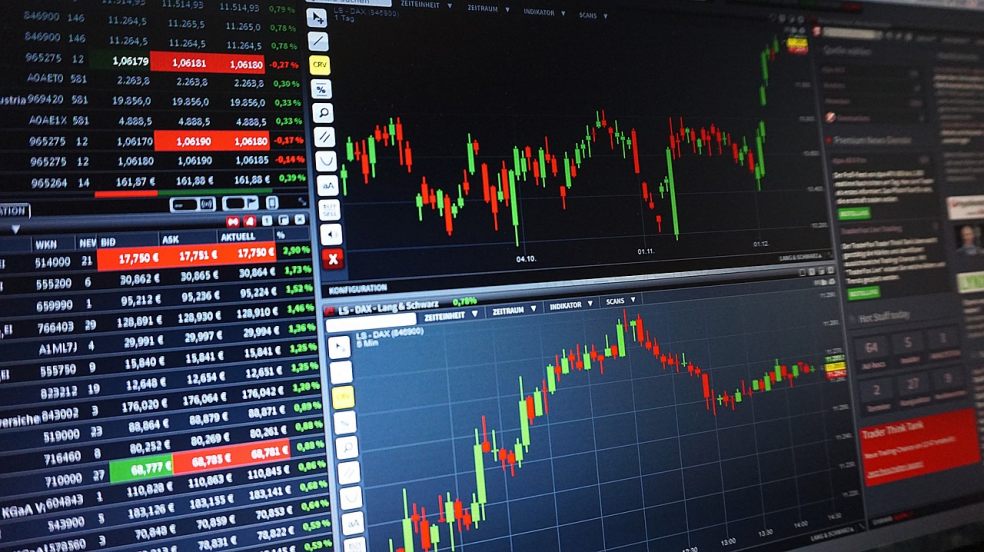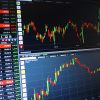
Starting out safely in forex – what you need to know
Today, more and more people are taking up forex trading. It can be a great way to make a bit of extra money and some people do very well at it but there are also risks and it’s vital to know what you’re doing. This quick, easy-reference guide makes understanding forex simple and will help you decide whether or not it’s for you. It will set you on the road to finding out more so that if you want to take up this kind of trading, you can keep the risks involved to a minimum.
What is forex trading?
Every time you change currency when you travel abroad, you’re using the foreign exchange market – forex. When you trade forex, you’re placing a bet on whether one currency in a chosen pair will go up or down in value compared to another. For instance, you could bet on being able buy more euros for the same number of pounds tomorrow than you can today.
What is a pip?
In forex trading, a pip refers to the shift in value between currencies in a pair. This is usually very tiny. For instance, if today you can get €1.1575 for £1 and tomorrow you can get €1.1577 for £1, the value of the euro will be said to have increased by two pips against the pound. Many brokers charge commission per pip. This can be more affordable for new, small volume traders than other fee models.
What is a spread?
The spread in forex trading is the difference in the price at which a currency is bought and the price at which it is sold. The tighter the spread – the narrower the gap – the more easily you can make a big profit on a small fluctuation in value. The best spreads tend to be on pairs of comparatively stable currencies such as the euro, US dollar and pound sterling.
What is leverage?
Because each currency unit traded makes only a small amount of profit, forex traders need to deal in large volumes. Leverage is the system whereby brokers enable you to borrow money in order to do so. it’s important to approach this cautiously because losses as well as gains can be magnified. Responsible brokers impose strict limits for beginners.
How can I find a good broker?
Because every trader has different priorities, it’s impossible to recommend a single best broker. It is advisable, however, to stick to one of the well known ones in order to be sure of good service. Read reviews, check registration details and look for one that offers plenty of support for beginners. Don’t just go for the cheapest deal – the most important thing is trustworthiness.
Can I try before I buy?
One of the best ways to find a broker that’s a good fit is to try them out using demo accounts. Not all brokers offer these but fxpro is among those that do. A demo account basically allows you to make fantasy trades and see how they play out. Established brokers find them useful for testing new strategies.
How can I spot good opportunities?
The simplest way to succeed in forex trading is to watch the movement of the markets, learn to identify the ways in which they react to world events, and keep close track of the sort of events that influence them. There are no guarantees but patience and attentiveness will improve your chances.
How can I avoid scams?
Sadly, there are a lot of forex scammers out there. Always be wary of strangers who approach you with systems, schemes or so-called “business opportunities.” If something sounds too good to be true, it probably is. Check trader forums and don’t trust positive reports (which can be faked) but look out for warnings.
How can I learn more?
The majority of brokers now include training and educational resources on their sites which their clients can use at no extra cost. Take advantage of these. Even the most successful traders know that the only way they can remain successful is to keep learning. Watch videos on forex trading, read articles and attend online seminars.
The basics of forex are not difficult to get used to and you’ll be surprised by how quickly you can find your feet. Becoming successful takes longer, however, and you’ll need to be prepared to work at it. Set yourself sensible limits at the outset, don’t get carried away, and treat every success or failure as a learning opportunity. You don’t need to be rich to succeed as a forex trader – you just need to be smart.














